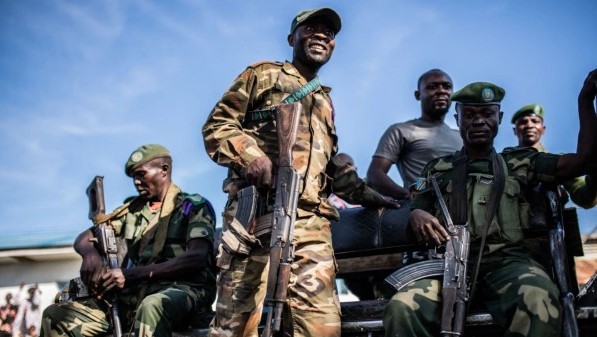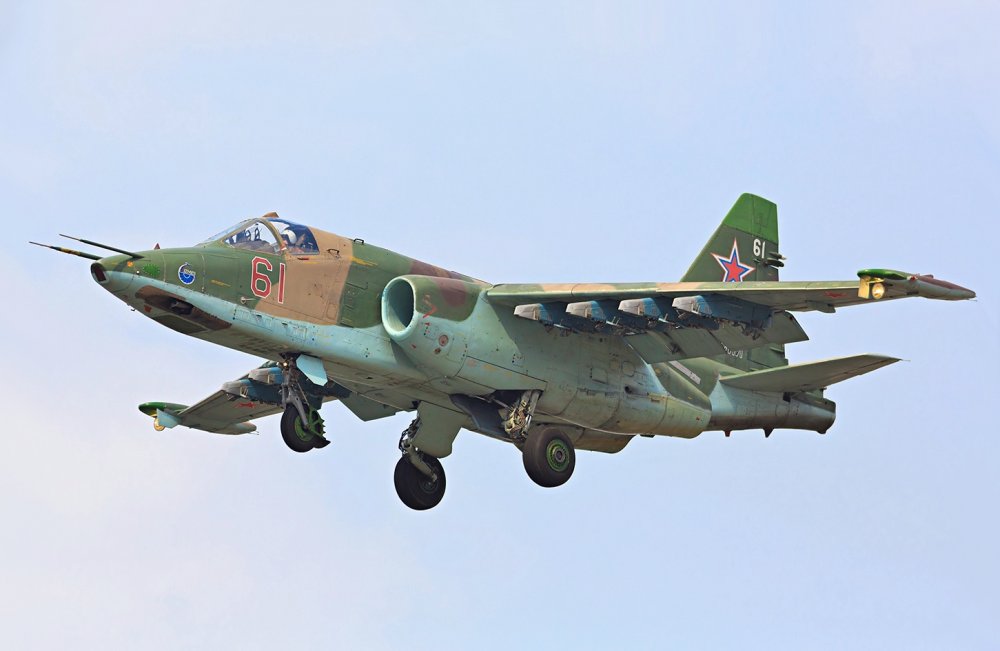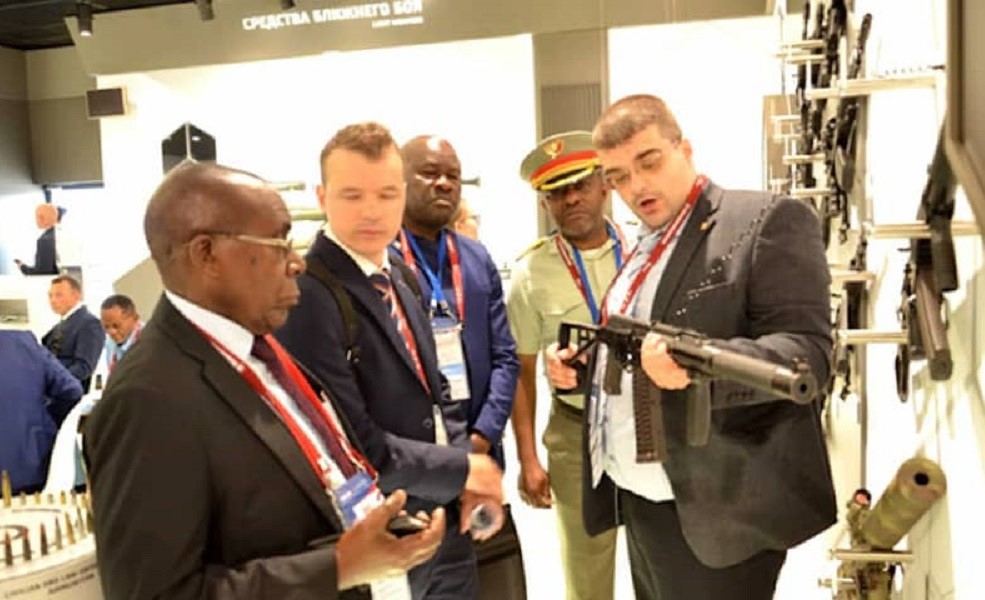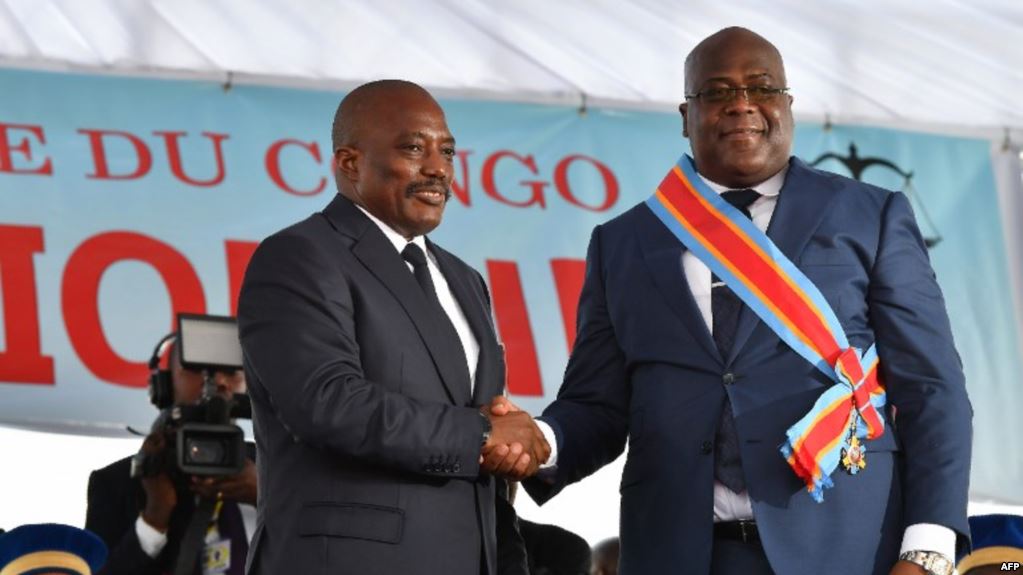Regional
DRC: Lifted arms embargo will escalate proliferation of arms to terror groups

The
United Nations Security Council on December 20 ended the arms purchase embargo
on the Democratic Republic of Congo (DRC), allowing the country to buy new
weapons without asking for permission from the Council’s sanctions’ committee.
The
move was justified as a way of enabling the Congolese army be well equipped. Kinshasa
has, for long, claimed that armed groups in its east are better armed than the
country’s military.
“There
is no longer a requirement for Member States to notify to the Committee any
shipment of arms and related materiel for the DRC, or any provision of
assistance, advice or training related to military activities in the DRC,”
reads a paragraph of resolution 2667 (2022) by Security Council.
By
lifting the arms embargo, the UN knowingly escalated the proliferation of arms
and ammunitions to active terror groups in the country’s east. These armed
groups include FDLR, a Rwandan genocidal militia group formed by remnants of
the perpetrators of the 1994 Genocide against the Tutsi.
A
Human Rights Watch report published on October 18 pins Congolese army
commanders on supplying
arms and ammunitions to the FDLR. An
FDLR fighter told HRW that he witnessed four transfers of ammunition. “It’s the
government [troops] that would always provide us with ammunition,” he said.
“They also gave us uniforms and boots.”
The Sanctions
Committee comprises all 15 members of the Security Council. It is hard to
believe that before adopting resolution 2667 (2022), no single member of the
Committee was aware of the two-months’ old HRW report.
Hoping
that the decision taken by the Council will help Kinshasa restore state
authority in the volatile east and put an end to the cycle of violence there is
wishful thinking. Following her November official visit to the DRC, UN Special
Adviser on the Prevention of Genocide, Alice Wairimu Nderitu, said that the current
violence mainly stems from the refugee crisis that resulted as many
individuals involved in the 1994 Genocide against the Tutsi in Rwanda fled to
DRC, forming armed groups such as the FDLR, which is still active in the region.
“The
current violence is a warning sign of societal fragility and proof of the
enduring presence of the conditions that allowed large-scale hatred and
violence to erupt into a genocide in the past,” she said.
In
response to the presence of this militia group, new armed groups were formed
and the failure to bring non-state armed actors to book is the consequence we
now see, she added. She noted that finding a solution to the ongoing conflict
in eastern DRC would require addressing the underlying causes of the violence
and learning lessons from the past.
“The
abuses currently occurring in eastern DRC, including the targeting of civilians
based on their ethnicity or perceived affiliation to the warring parties must
be halted. Our collective commitment not to forget past atrocities constitutes
an obligation to prevent reoccurrence,” the Special Adviser stressed.
Nderitu
reiterated that while the primary responsibility to prevent atrocites rests
with the DRC, as a state, all parties to the violent conflict must work
urgently towards finding a political solution that will bring comprehensive and
sustainable peace to the country by addressing the root causes of divisions and
violence, and the legitimate concerns of all actors.
Meanwhile,
DRC President Félix Tshisekedi in November urged Congolese youth to
"organise themselves into vigilante
groups" to support the army in battles against the
M23 rebels. The Congolese ‘vigilante
groups’ are no different from Interahamwe, the youth militia or gangs that
converged into what was, during the Genocide, called the ‘Auto-Défense Civile’.
The latter was used to massacre more than one million Tutsi in 1994.
For
the most part, UN embargoes have not stopped weapons reaching eastern DRC not
only because of the lack of capacity to implement them but also because of the
lack of political will. Despite of the arms embargoes, armed groups have always
acquired arms and ammunitions.
Lifting
the arms embargo implies the armed groups in the region will now access a
bigger arsenal especially as the Congolese army will have more arms to supply
its militia coalition.
The
end result will be disaster.







